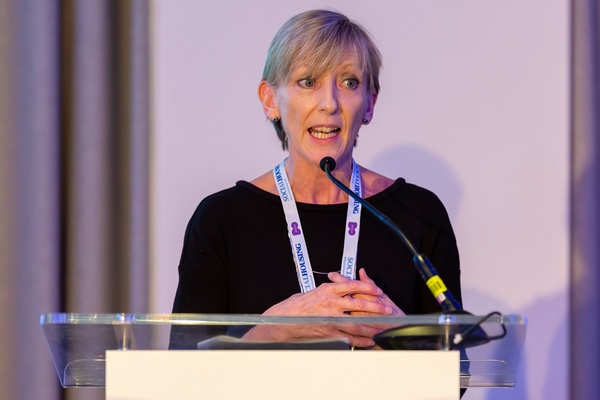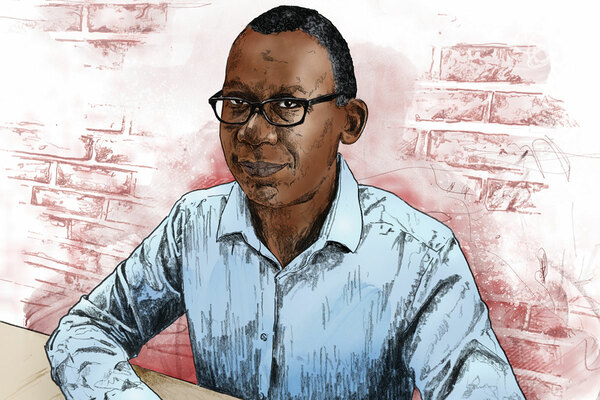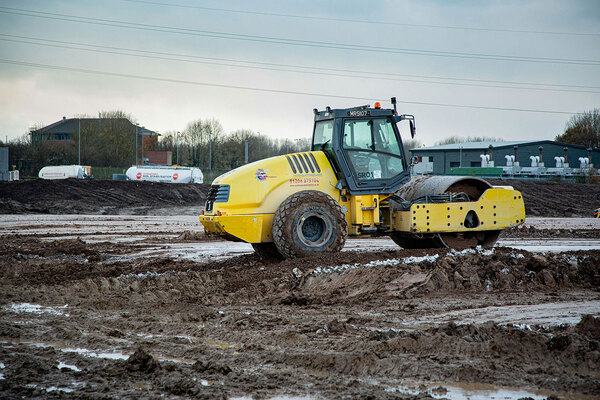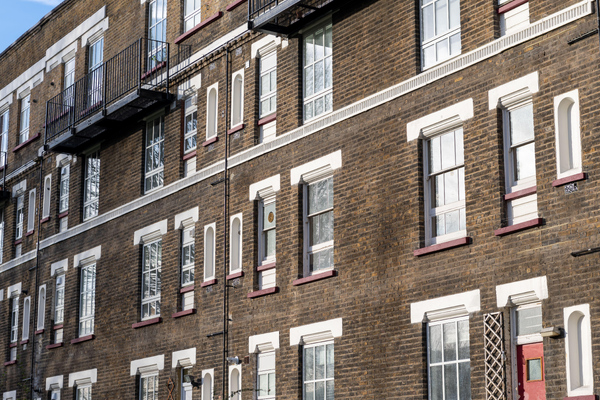You are viewing 1 of your 1 free articles
Sector maintains adequate service levels but fears over PPE and safe staffing levels remain, RSH’s first COVID-19 survey reveals
The social housing sector is providing “adequate levels of service delivery” but the availability of personal protective equipment (PPE) and maintaining safe staffing levels remain huge issues for many providers during the crisis, a new survey from the Regulator of Social Housing (RSH) has found.
In the English regulator’s first monthly coronavirus survey assessing the performance of landlords during the pandemic, registered providers said that while the majority currently have access to enough PPE, they fear it could become a bigger issue in the future due to a lack of availability and price increases.
Some organisations, particularly in care settings, also expressed concerns about their ability to maintain safe staffing levels where there are outbreaks of COVID-19, particularly as staff absences increase due to self-isolation or stress and anxiety.
In March the RSH announced it would be launching a monthly survey during the coronavirus pandemic in order to assess and highlight any issues faced by the sector.
The regulator has asked all registered providers with 1,000 or more homes, as well as associations that have less than a 1,000 homes but have a high proportion of supported accommodation, to respond. A total of 93% of organisations responded to April’s survey.
The report said that despite the impact of coronavirus, the vast majority of landlords were still managing to maintain adequate levels of service delivery. This includes those in care and support settings, where providers have said that in most cases they are able to maintain staffing levels and essential services.
Nevertheless, there were recurring issues for associations, including difficulties around delivering repairs and safety checks.
According to the regulator, many organisations are finding it hard to enter homes due to people shielding or self-isolating, while some tenants are not reporting emergency repairs due to fears of people entering their homes or a misunderstanding of what constitutes an emergency repair.
Following government guidance that tradespeople and maintenance workers should only enter properties to carry out essential work, many associations have switched to emergency repairs only.
This switch has meant that while emergency repairs and critical safety checks are being carried out, a backlog of routine repairs and less critical safety checks is building up.
The survey also revealed that there was a temporary hiatus in providers carrying out gas servicing operations. Last month Inside Housing reported that many associations have stopped checks due to staff safety fears.
However, the regulator said that most providers have now resumed normal services after the Health and Safety Executive released updated guidance that made advice on servicing requirements clearer.
We have published our analysis of our first survey of housing associations and local authorities following the restrictions imposed in response to the coronavirus pandemic. Our report is available here: t.co/E40QvK3BX8 #ukhousing pic.twitter.com/6XEOCydjjf
— Regulator of Social Housing (@RSHEngland)We have published our analysis of our first survey of housing associations and local authorities following the restrictions imposed in response to the coronavirus pandemic. Our report is available here: https://t.co/E40QvK3BX8 #ukhousing pic.twitter.com/6XEOCydjjf
— Regulator of Social Housing (@RSHEngland) May 7, 2020
There are still some concerns about the robustness of provider supply chains, with some contractors unable to obtain their usual materials due to suppliers closing or offering reduced services.
The pandemic has led to an increasing number of landlords now contacting tenants, particularly those who are vulnerable, by phone calls or texts.
Fiona MacGregor, chief executive of the RSH, said: “Social housing landlords have a key role in keeping tenants safe in their homes. Ensuring safe staffing levels and completing emergency repairs and vital safety checks are fundamental to tenant safety. The coronavirus outbreak makes this even more important as everyone spends more time at home and vulnerable households have to self-isolate, at the same time as presenting significant operational challenges for housing associations and local authorities.
“We are pleased to see from our first cross-sector survey that social housing providers are generally coping well in maintaining essential operations in the face of the impacts of the virus and finding solutions to their most pressing challenges. This is testament to the hard work and agility of providers and their staff in prioritising tenant safety at this time.”
Sign up for our daily newsletter
Already have an account? Click here to manage your newsletters













